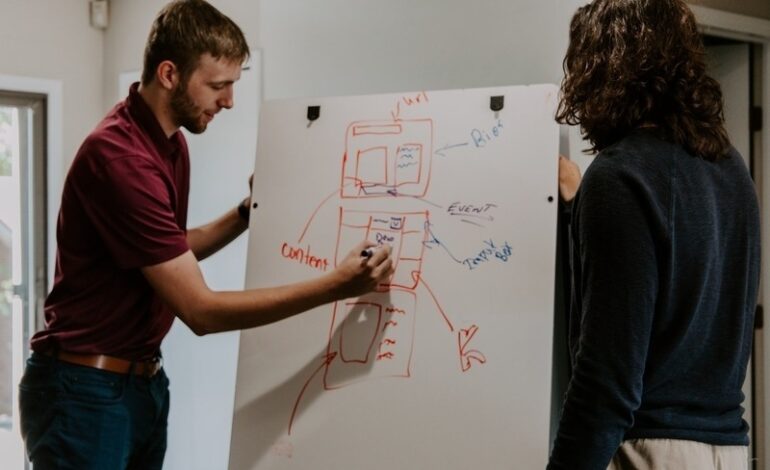
Exploring the Impact of Robotics on Industry 4.0
In the era of Industry 4.0, robotics has emerged as a transformative force, revolutionizing manufacturing processes and reshaping industries across the globe. With advancements in robotics technology, including artificial intelligence, machine learning, and sensor technologies, robots are becoming increasingly versatile, agile, and intelligent, capable of performing a wide range of tasks with precision and efficiency.
One of the key areas where robotics is making a significant impact is in manufacturing. Automated robotic systems are revolutionizing production lines, increasing efficiency, and reducing costs by streamlining processes and minimizing errors. From assembly and welding to packaging and logistics, robots are enhancing productivity and quality while also enabling manufacturers to respond quickly to changing customer demands and market trends.
Moreover, robotics is driving innovation and disruption in sectors beyond manufacturing, including healthcare, agriculture, and retail. In healthcare, robotic-assisted surgery is enabling surgeons to perform complex procedures with greater precision and control, reducing risks and improving patient outcomes. In agriculture, robots are revolutionizing farming practices, from planting and harvesting crops to monitoring soil conditions and managing pests, enhancing efficiency and sustainability in food production.


Additionally, robots are transforming the retail industry, revolutionizing warehouse operations and fulfillment processes with automated picking and packing systems. By leveraging robotics technology, retailers can optimize inventory management, reduce shipping times, and enhance the overall customer experience, driving growth and competitiveness in the e-commerce landscape.

Furthermore, robotics is playing a crucial role in addressing some of the most pressing challenges facing society, from environmental sustainability to disaster response. Robots are being deployed in hazardous environments, such as nuclear power plants and oil rigs, to perform tasks that are dangerous or impossible for humans. In disaster response scenarios, robots are aiding search and rescue efforts, navigating through debris and rubble to locate and assist survivors, saving lives and mitigating risks for first responders.
In conclusion, robotics is driving profound changes across industries and society, enabling automation, innovation, and efficiency in ways previously unimaginable. By leveraging robotics technology, businesses and organizations can enhance productivity, improve quality, and unlock new opportunities for growth and competitiveness in the digital age.




